How Beauty Confessionals Took Over Make-Up Tutorials (And Taught Us More Than Contouring Tips)
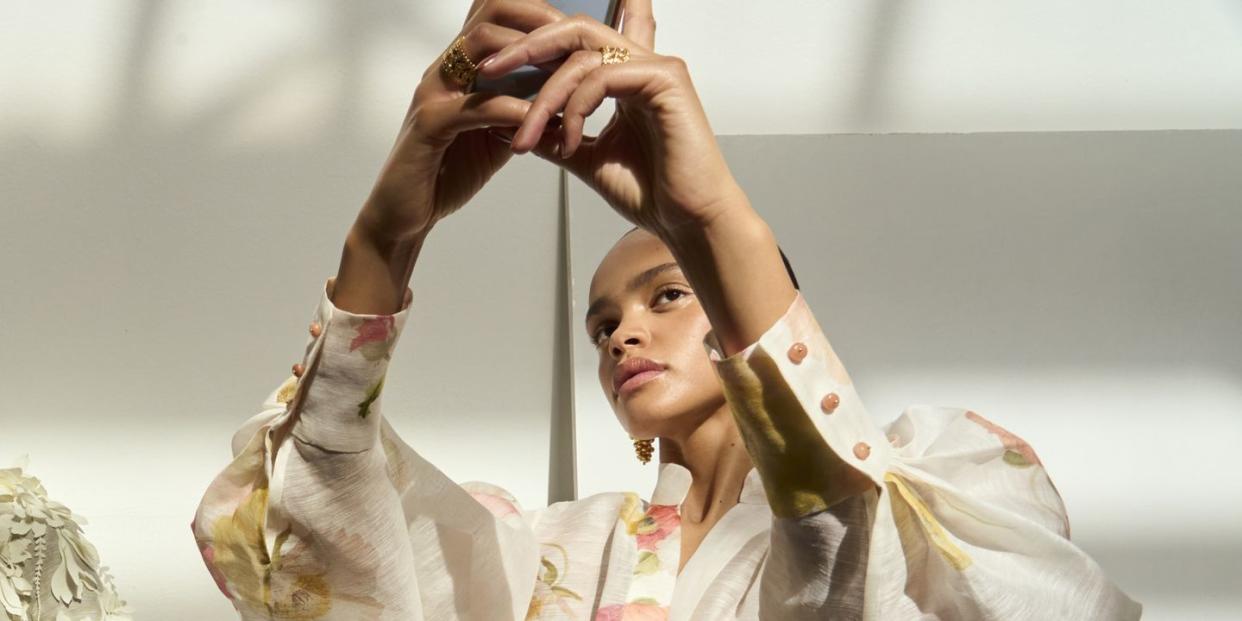
There are certain make-up looks and techniques I categorically don’t like. You’re never going to catch me 'carving' my brows or 'baking' my under eyes, simply because I don’t like the end result on my face. So, why am I watching a multiple-part TikTok video of this young person doing every single one of these steps and more, you ask?
It’s not because I have any intention of recreating her nose contour or buying her setting powder. I’m transfixed because I’m desperate to know what happened when her male friend asked if she’d 'dominate him'.

This year, make-up tutorials went from 'smokey eyes' to 'story times'. Rather than talk us through the steps of their routine, influencers are now buffing their foundation while sharing their experience of having a sugar daddy, cheating boyfriends or losing their virginity. There are also lighter topics being shared, the supposed male obsession with the Roman Empire (seriously, ask your dad/brother/Jeff from accounts), how to get tickets to Taylor Swift, and why you should never do a DIY fix on your designer jewellery, among the many.
'To be honest, I felt like there wasn’t much I could teach people that was new when it came to make-up application,' content creator Chisom Aimée tells ELLE UK. Since launching her ‘Girl Chat’ videos, in which Aimée applies make-up while talking to the camera, she has amassed a following of over 130,000 on TikTok.
'I’m telling stories that others would be too embarrassed to tell,' Aimée says. And seeing as I’ve just listened to her share how she hacked into a guy’s ‘Find My Phone’ to track his every move, I’m inclined to agree.
The 'make-up story time' hashtag on TikTok alone has over 4.4 billion views, but as a permanently online thirtysomething, I can remember the simpler days of the Internet. More specifically, the make-up tutorial.
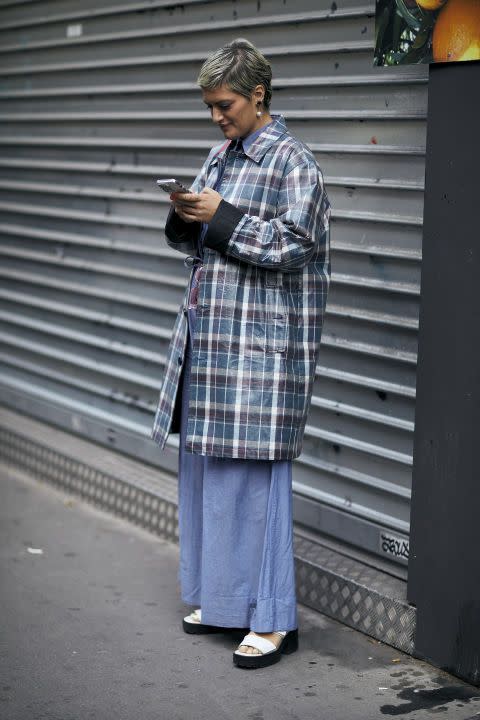
Back in the 2010s, all you had to do was type 'Megan Fox make-up' into your search bar and you’d be met with a handful of self-filmed videos, often on YouTube, from regular people teaching you the techniques to achieve the coveted sultry look that populated the era.
As the Internet inevitably evolved, so too did everything about these tutorials. Out went the dimly-lit bathroom set-ups and in came the professional lighting and high-definition cameras.
It wasn’t just the filming that got an upgrade, either. The people in the videos no longer looked or felt relatable as their stacks of gold Cartier Love bracelets grew with every sponsored video.
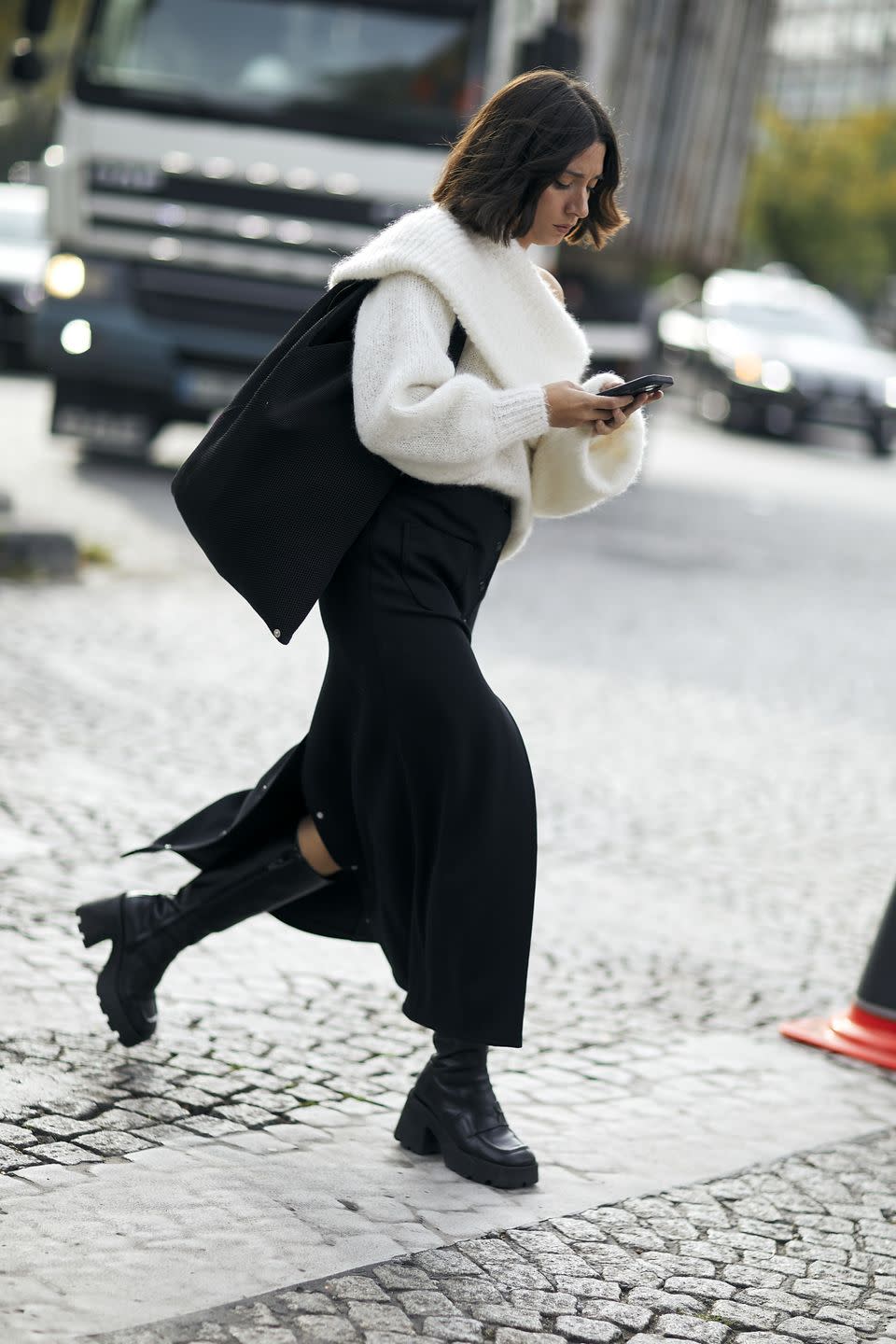
As these influencers became my generation’s reality stars, we no longer looked to them for education. Instead, we wanted entertainment and an all-access pass to the life of luxury we had helped them create. As they branched out of reach, so did their fans – away from the YouTube comment box and into the online gossip forums.
But this exclusivity is no longer what the content creators of 2024 or their audience want. 'I looked up to the girls I watched because I saw them as being on a higher level than I was,' Aimée explains. 'But I want my audience to see me as an equal, like one of their friendship group.'
By focusing on relatability, this new wave of influencers can use their personalities to stand out in an increasingly saturated field. At least that was make-up artist and content creator Tilly Ferrari’s plan.
'Unfortunately, I think you need to fit a certain beauty standard to take off doing regular standard make-up tutorials,' Ferrari says. 'Using my personality as a niche seemed like a much more viable option and something I was far more comfortable doing.'
To me, Ferrari is the Bridget Jones of TikTok with a real 'golden retriever energy' (TikTok’s term for the bubbly, personable type). Although she is a trained make-up artist, it’s her love life that her followers are invested in and, after watching her get ready and then un-ready for a speed dating night, I can see why.
While Ferrari and Aimée both started their content with the intention of focusing on relatability, 20-year-old Zak Heath, did the opposite.
'I try and follow a luxe editorial aesthetic in my videos, but people were commenting that they thought I was a bitch in person because I didn’t smile,' he says.
Having amassed 1.1 million followers on TikTok, Zak realised the only way he could change people’s perceptions was to share his real personality alongside more stylised videos.
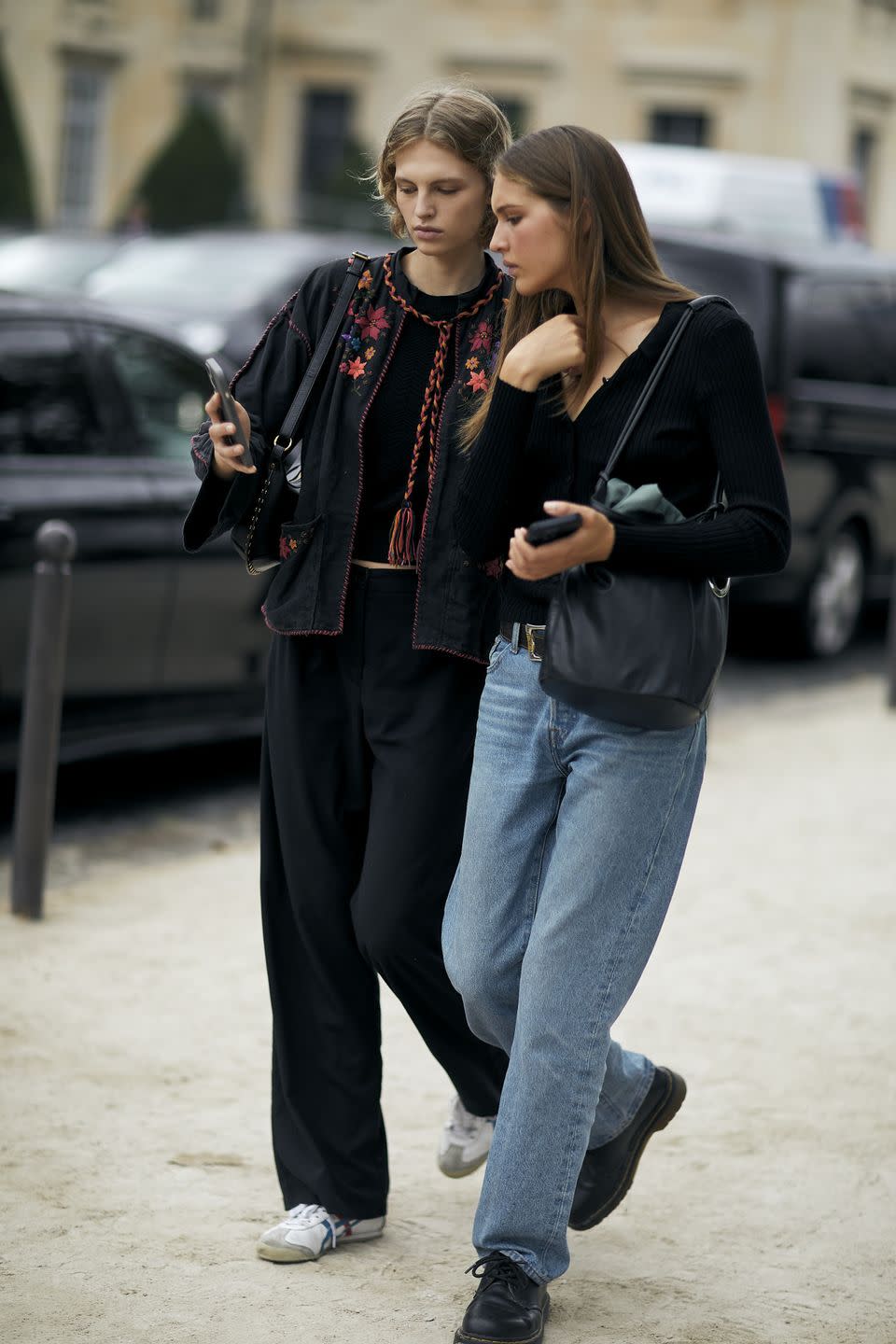
'I really wanted people to see who I actually was,' he explains, noting how his candid videos on topics like spending Christmas with his dad for the first time, as a single child of divorced parents, helped his audience to resonate with him.
This Trojan horse approach to the make-up tutorial works so well because audiences become invested in the story and the person, not the final outcome. But are these influencers sharing too much of themselves?
'Sharing personal issues in such a public space is not safe,' warns psychotherapist and anxiety expert, Kamalyn Kaur. 'You’re opening yourself up to potential criticism and judgement. Not everyone online will have your best interests at heart, some people might even use this personal information against you.'
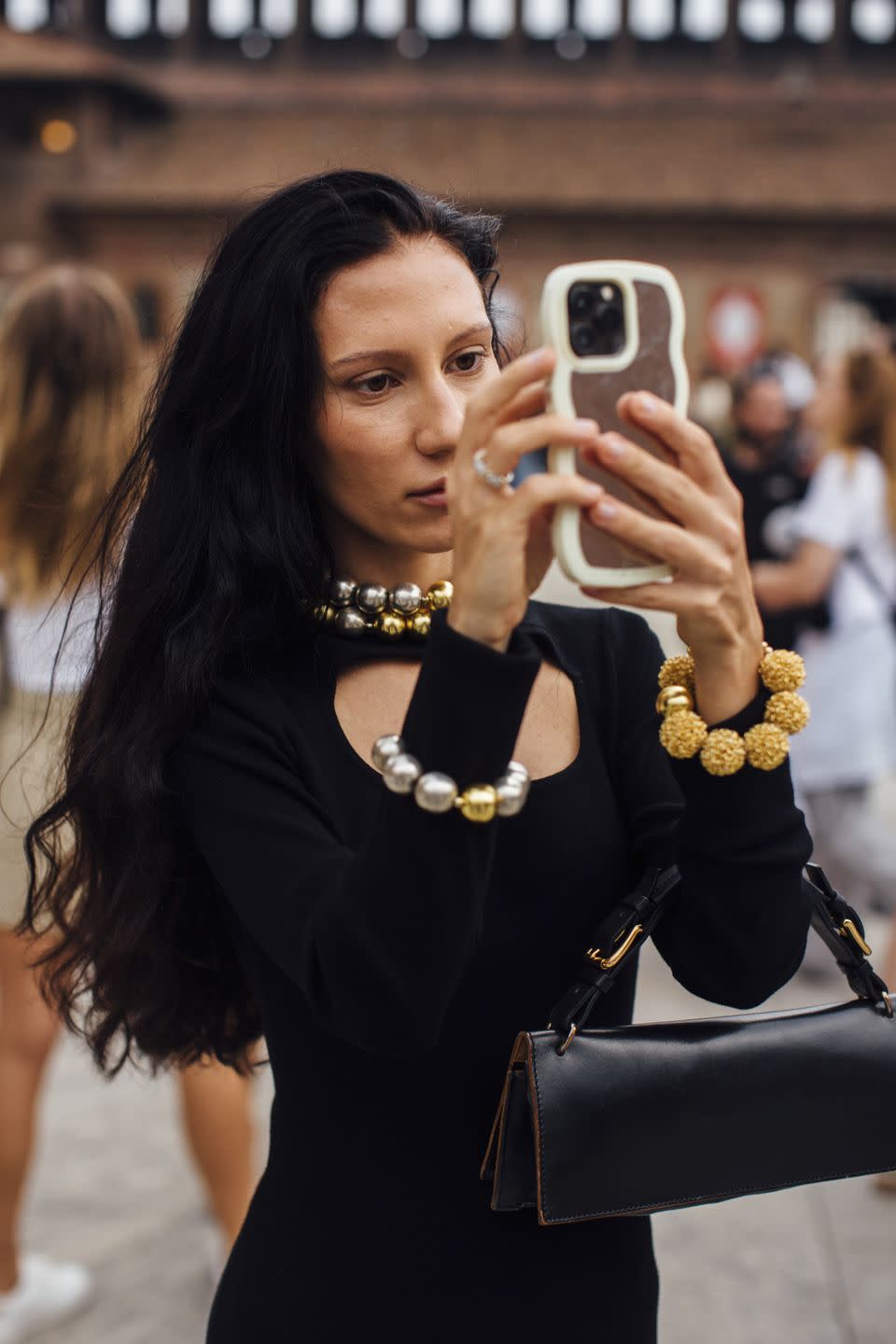
These aren't concerns shared by Heath. 'I feel like I’ve grown up in a generation watching the Kardashians and their whole life is plastered over the screen. Social media is like an online diary for me,' he says.
In fact, for as open as they are, all three had very clear boundaries on what they wouldn’t discuss online. But in sharing more online, are we losing the ability to share these personal experiences offline?
'I don’t believe we are forgetting how to have these conversations in real life but rather just evolving in our communication,' offers Kaur. 'People are choosing to use online platforms to communicate because it might be easier for them to share information with strangers, than with loved ones.'
Then there’s the question of echo chambers. Are these influencers only ever going to encounter beliefs that reflect their own? Chisom is clear: 'Oh, no. People are quick to criticise me in my comment section if they don’t like my take.'
Despite her warnings, Kaur does think there are positives to the ‘story time’ movement. 'If the video is done in a sensitive manner, taking into consideration potential consequences, it can create a deeper connection with the audience and provide valuable support,' she says.
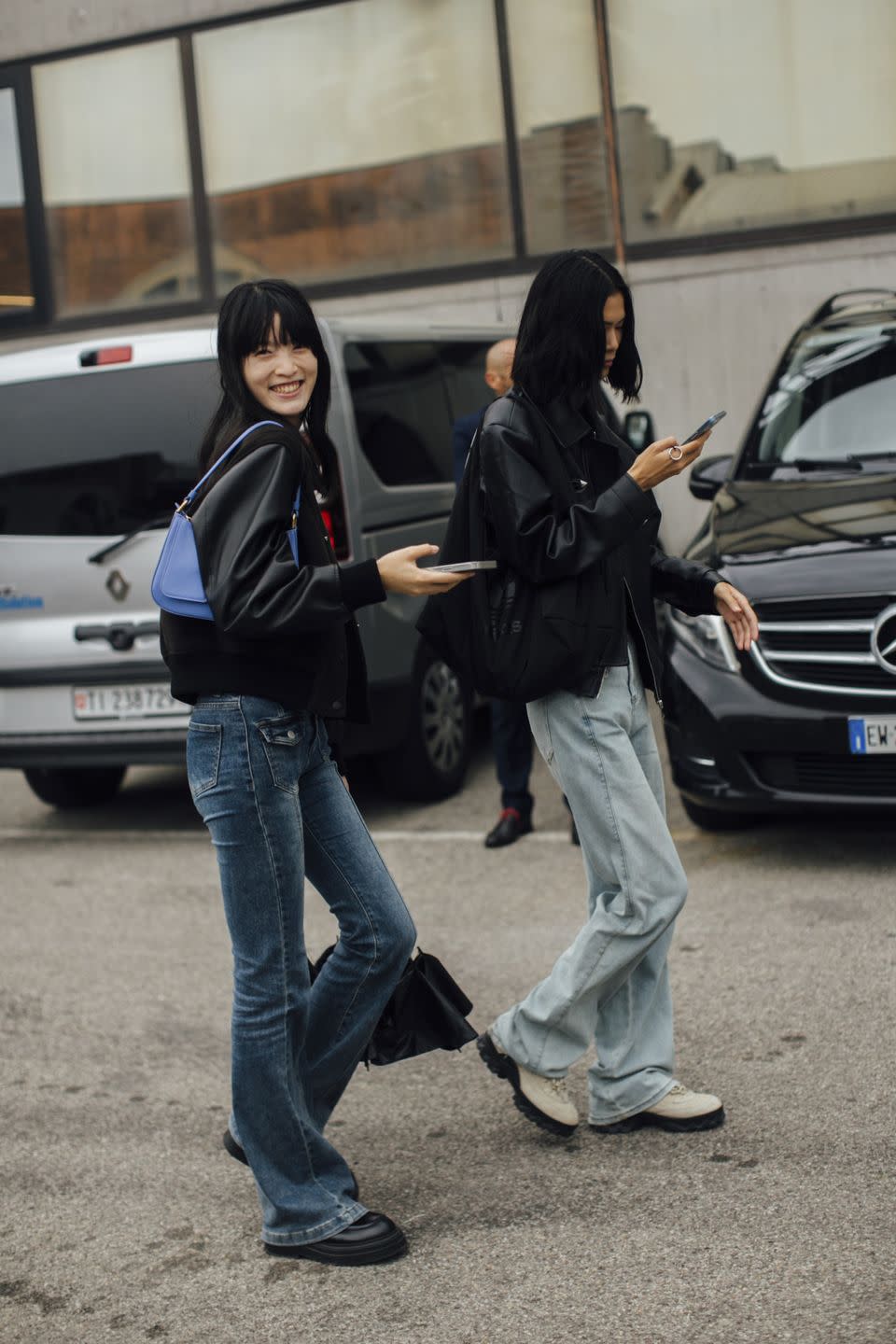
After watching hundreds of videos of people dissecting the current zeitgeist, I get the appeal. It’s like having a FaceTime with a friend who might not be so willing to have the conversation otherwise. These bite-sized videos are also an easier way of tapping into everyday topics, while offering a chance to see something from a different perspective.
There is nothing that connects us more than the power of storytelling. It makes sense that in this time of influencer mistrust, over-consumption and economic crisis, we revert to this sense of connection; it's what we all know and love best as humans, after all. As we settle into 2024, perhaps these make-up ‘story times’ can help us find some personal connection in what feels like the most uncertain and overwhelming of times.
You Might Also Like


